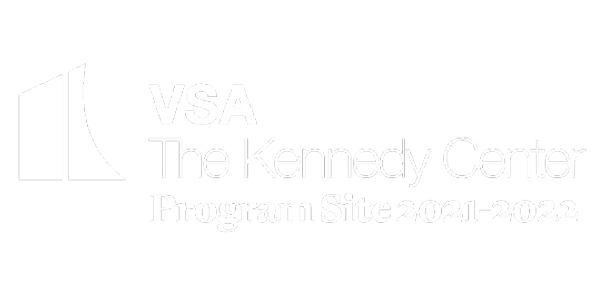FAQS
Onsite Program
WHEN CAN I REGISTER?alvin2023-09-05T07:44:34-04:00
- The Conservatory has ongoing enrollment so you can begin at any time; tuition is prorated accordingly.
HOW DO I REGISTER?alvin2023-09-05T07:46:19-04:00
- Contact Dr. Tina Brescia at 914-761-3900 ext. 134 or tina@musiced.org to schedule a complimentary initial assessment with a music therapist. After this meeting, a lesson time will be established and you may proceed with the registration and payment process.
WHAT HAPPENS DURING THE INITIAL ASSESSMENT?alvin2023-09-05T07:47:02-04:00
- To help us learn more about your child, determine his/her abilities, needs and musical preferences, he/she will participate in 20-30 minutes of active music-making with the therapist using a variety of instruments.
- Depending on the age of your child, you may choose to observe the session inside the session room, or in the observation room which has a one-way viewing window. Please advise the therapist of any special support your child may need. The therapist may ask questions about your child during or after the assessment, and you will have the opportunity to ask questions as well.
WHAT IS THE DIFFERENCE BETWEEN MUSIC THERAPY AND ADAPTED INSTRUCTION?alvin2023-09-05T07:47:44-04:00
- Music therapy is a process-oriented intervention that includes structured improvisations using various small percussion instruments, piano, and guitar. Goals are set that reflect the individual’s social, verbal, cognitive, physical and emotional needs as determined by the therapist with input from the parent or caregiver.
- Adapted instruction focuses on learning a particular instrument (guitar, piano, voice or percussion). The individual must be able to sit and attend to a task for at least 10 minutes, have developing fine motor control, demonstrate a sense of the basic beat, and have an initial desire and motivation to learn the instrument.
DO YOU OFFER GROUP PROGRAMS?alvin2023-09-05T07:49:05-04:00
- Yes – a group can be arranged with 3 – 6 individuals based on age and abilities. This must be coordinated with Dr. Tina Brescia – contact tina@musiced.org
WHAT IS A DYAD MUSIC THERAPY SESSION?alvin2023-09-05T07:49:58-04:00
- A Dyad is a shared music therapy session with two individuals designed to address the specific needs of each participant while engaging in the social aspects of sharing the experience of music together.
DO YOU HAVE FINANCIAL AID OR SCHOLARSHIPS?alvin2023-09-05T07:50:58-04:00
- Yes, the Music Therapy Institute can offer scholarships on a sliding scale based on household income. Please contact Dr. Tina Brescia for more information. tina@musiced.org.
CAN I USE OPWDD SELF-DIRECTION FUNDING FOR THIS PROGRAM?alvin2023-09-05T07:51:42-04:00
- Yes. The adapted instruction lessons can be covered by self-direction funds in the category of “community classes.” Families must pay the tuition in advance and will be given monthly statements for their reimbursement process.
DO YOU ACCEPT INSURANCE?alvin2023-09-05T07:52:33-04:00
- Our program requires families to pay in advance. We can provide statements as needed for your own reimbursement processes.
FAQS
Outreach Program
HOW CAN I ARRANGE MUSIC THERAPY VISITS FOR MY AGENCY/SCHOOL/MEDICAL FACILITY?alvin2023-09-05T07:54:14-04:00
- Please contact Director of Outreach programs Lisa Sandagata MT-BC at lisa@musiced.org or (914)-761-3900 ext. 138 to discuss the specific needs of your agency.
DOES MTI PROVIDE THE INSTRUMENTS FOR OUTREACH PROGRAMS?alvin2023-09-05T07:55:00-04:00
- Yes, our music therapists will bring instruments to your setting for the participants to use each week.
CAN MUSIC THERAPY GROUPS BE RUN ONLINE?alvin2023-09-05T07:55:54-04:00
- Yes, our music therapists can run virtual music therapy groups on several different online platforms.
HOW OFTEN DO THE PROGRAMS RUN?alvin2023-09-05T07:56:59-04:00
- Our weekly programs offer continuity, and the duration can be specified.
HOW ARE PARTNERS INVOICED FOR THE PROGRAMS?alvin2023-09-05T07:57:48-04:00
- Partners are invoiced monthly for services provided.
HOW DOES MUSIC THERAPY MAKE A DIFFERENCE?alvin2023-09-05T09:28:46-04:00
- According to the American Music Therapy Association:
- Research supports connections between speech and singing, rhythm and motor behavior, memory for song and memory for academic material, and the overall ability of preferred music to enhance mood, attention, and behavior to optimize the student’s ability to learn and interact.
- Preschool children in an early intervention music therapy program show high on-task behavior during sessions and a high success rate in language development, social skills, cognitive concepts, motor skills, and music knowledge.
- Studies show positive effects induced by music and help to improve social problem-solving skills in middle school students.
- Because music is processed in both hemispheres of the brain, music can stimulate cognitive functioning and may be used for the remediation of some speech/language skills.
- Music stimulates all of the senses and involves the child at many levels. This “multi-modal approach” facilitates many developmental skills.
- The music captures and helps maintain attention. It is highly motivating and engaging and may be used to naturally encourage clients to increase participation and attend to a task for longer periods of time.
- Musical elements and structures provide a sense of security and familiarity in the music therapy setting, encouraging individuals to attempt new tasks within this predictable but malleable framework.
- For more information, visit the American Music Therapy Association
Interested in how MCW can bring music into your life?
The Music Conservatory of Westchester does not discriminate in its employment, enrollment, programs and/or activities on the basis of race, ethnicity, disability (subject to reasonable accommodation), age, national origin, gender or sexual orientation. Our mission is to provide the extraordinary benefits of music to all in our community.
The Music Conservatory of Westchester does not discriminate in its employment, enrollment, programs and/or activities on the basis of race, ethnicity, disability (subject to reasonable accommodation), age, national origin, gender or sexual orientation. Our mission is to provide the extraordinary benefits of music to all in our community.








